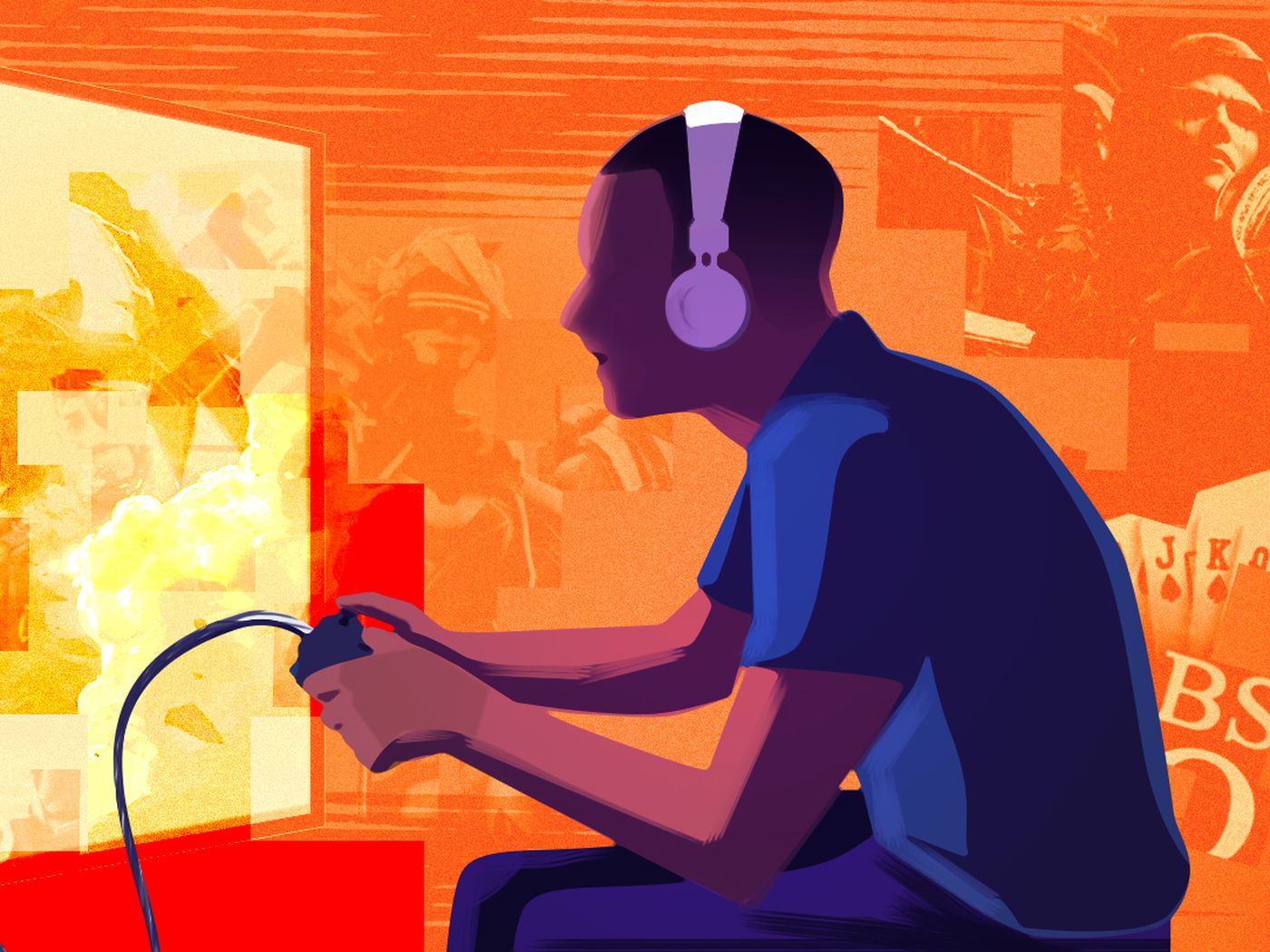
Gaming Disorder:
people with gaming disorder have trouble controlling the amount of time that they spend playing digital or video games. They also prioritize gaming over other activities and experience negative effects from their gaming behaviors.
a person who has gaming disorder will show the following characteristics for at least 12 months:
lacking control over their gaming habits
prioritizing gaming over other interests and activities
continuing gaming despite its negative consequences.
These behaviors must be so severe that they affect a person’s:
family life
social life
personal life
education
work
According to some research, gaming addiction may co-occur with other mood disorders, such as:
anxiety disorders
depression
stress
People who remain physically inactive for extended periods due to gaming may also have a higher risk of obesity, sleep problems, and other health issues.
Addiction to gaming is similar in many ways to other types of addiction. People with the disorder often spend many hours playing games, have a strong emotional attachment to this behavior, and may experience fewer social connections as a result.
As with other addictions, gaming disorder can have a negative impact on family life, relationships, and work or education. This may lead to irritation with those who criticize gaming, or it may cause feelings of guilt.